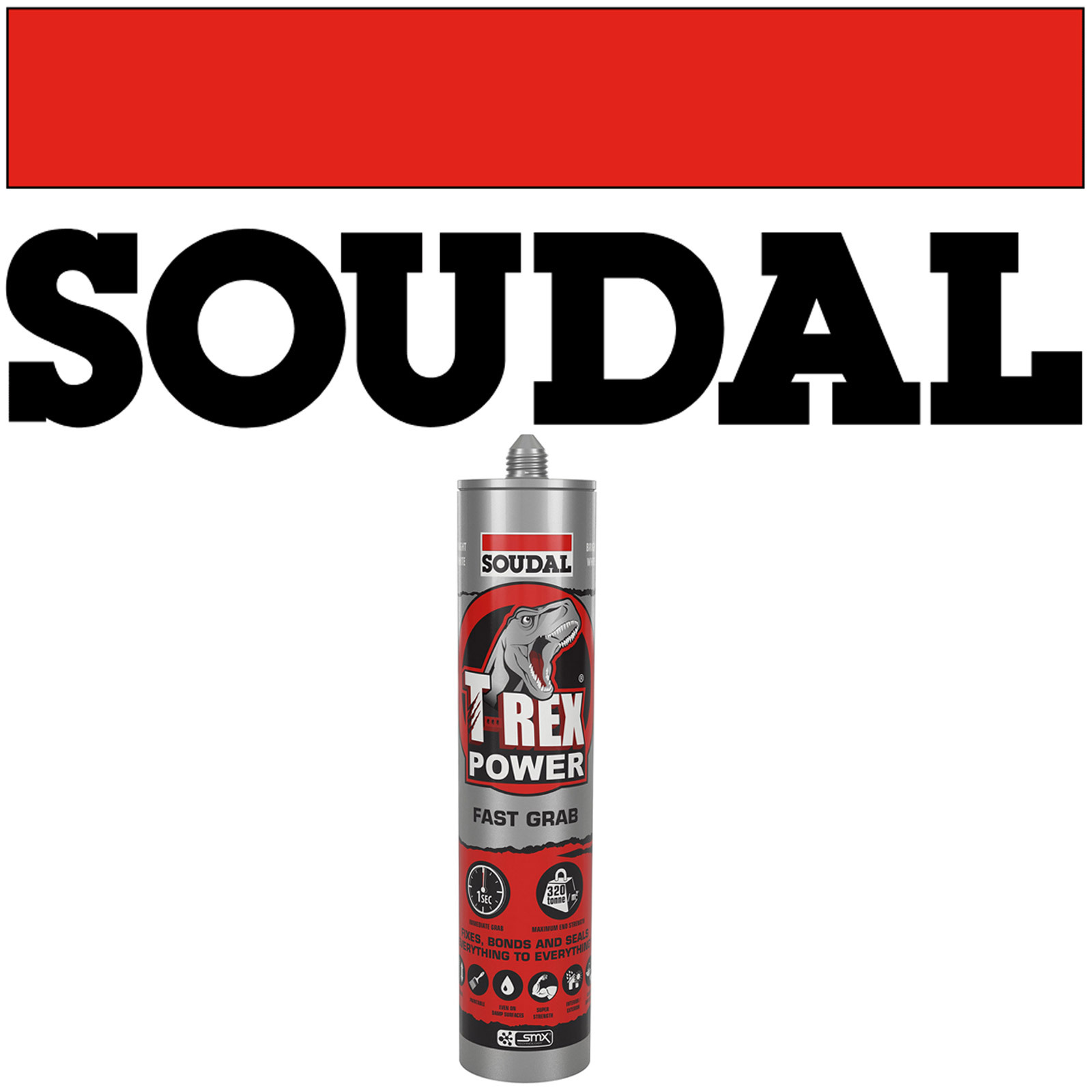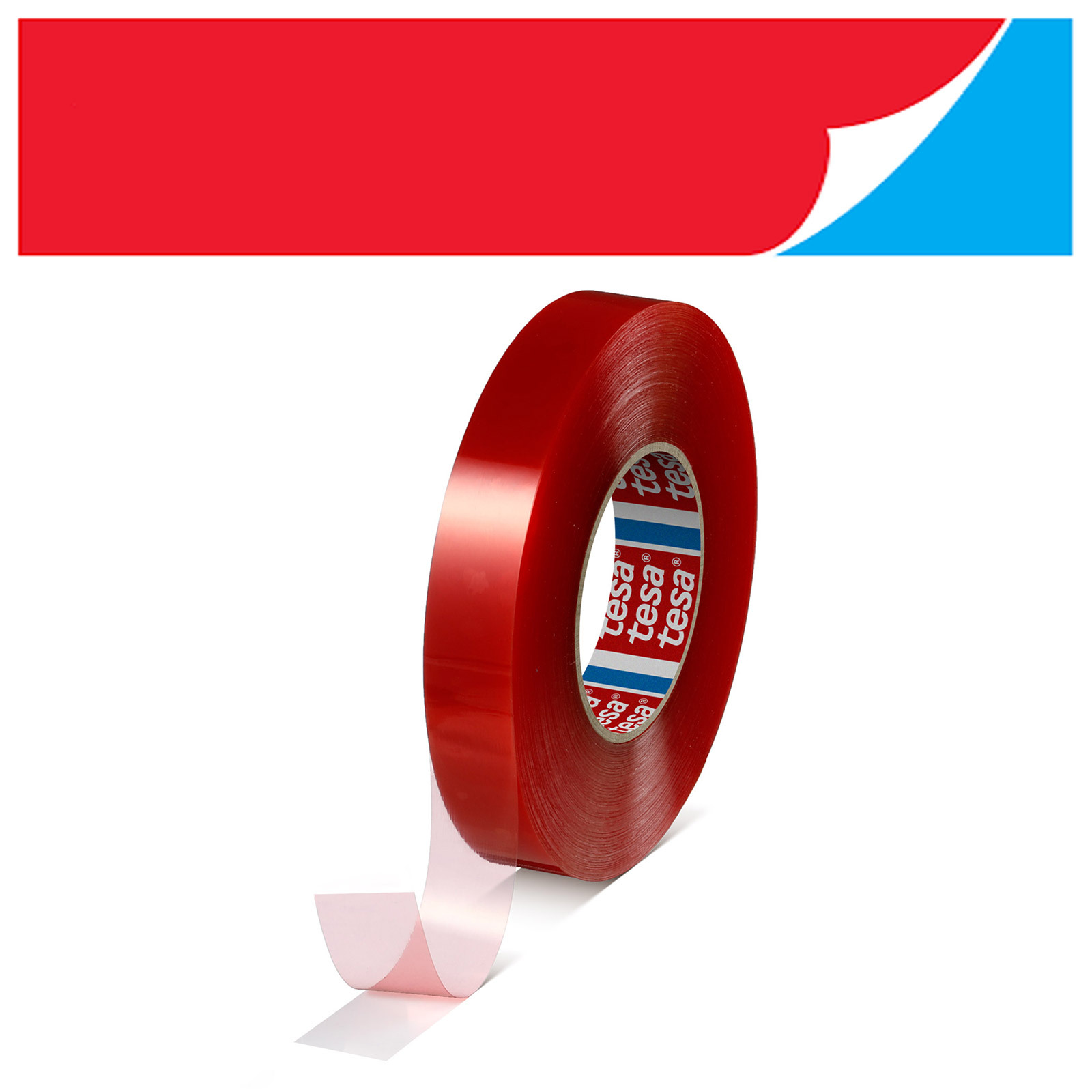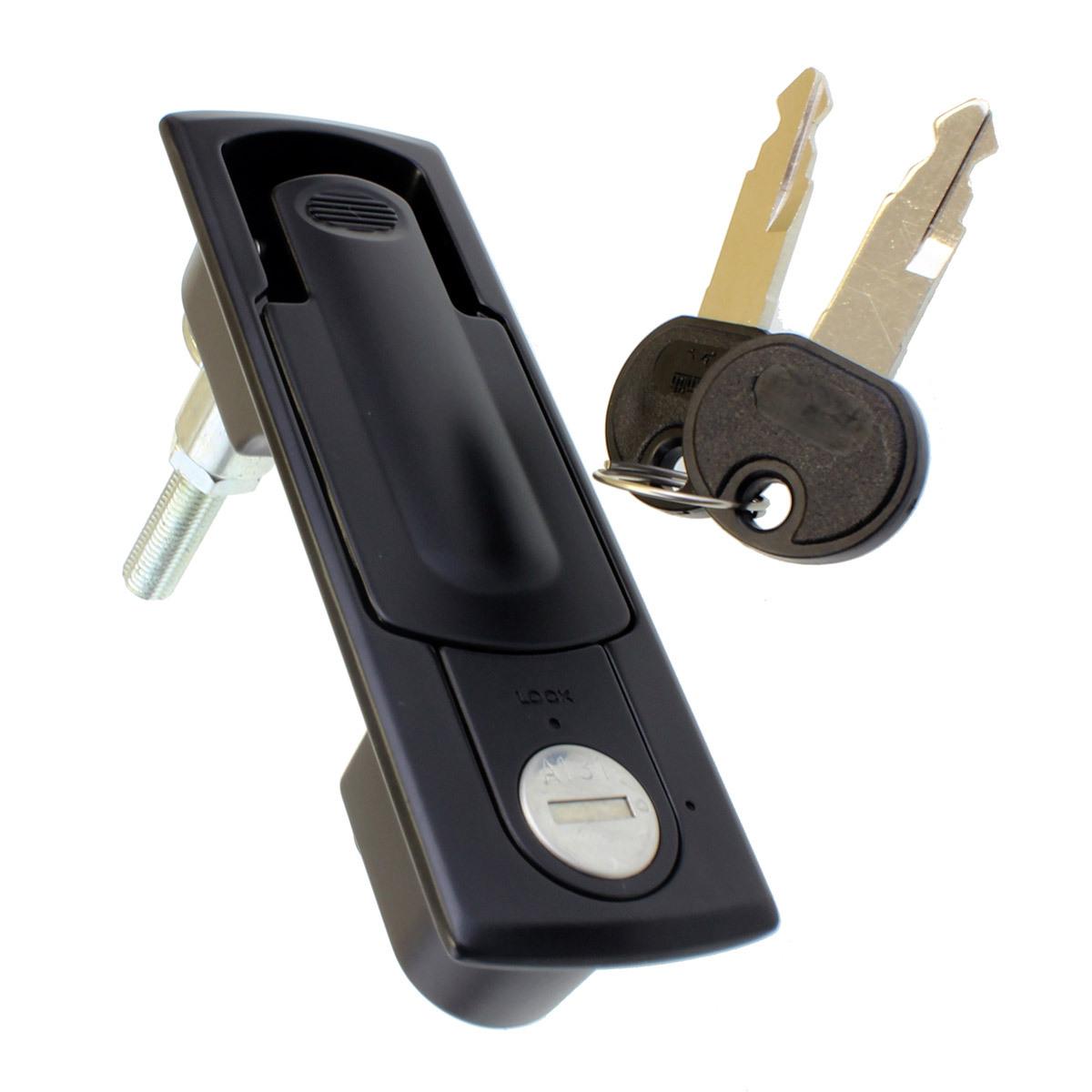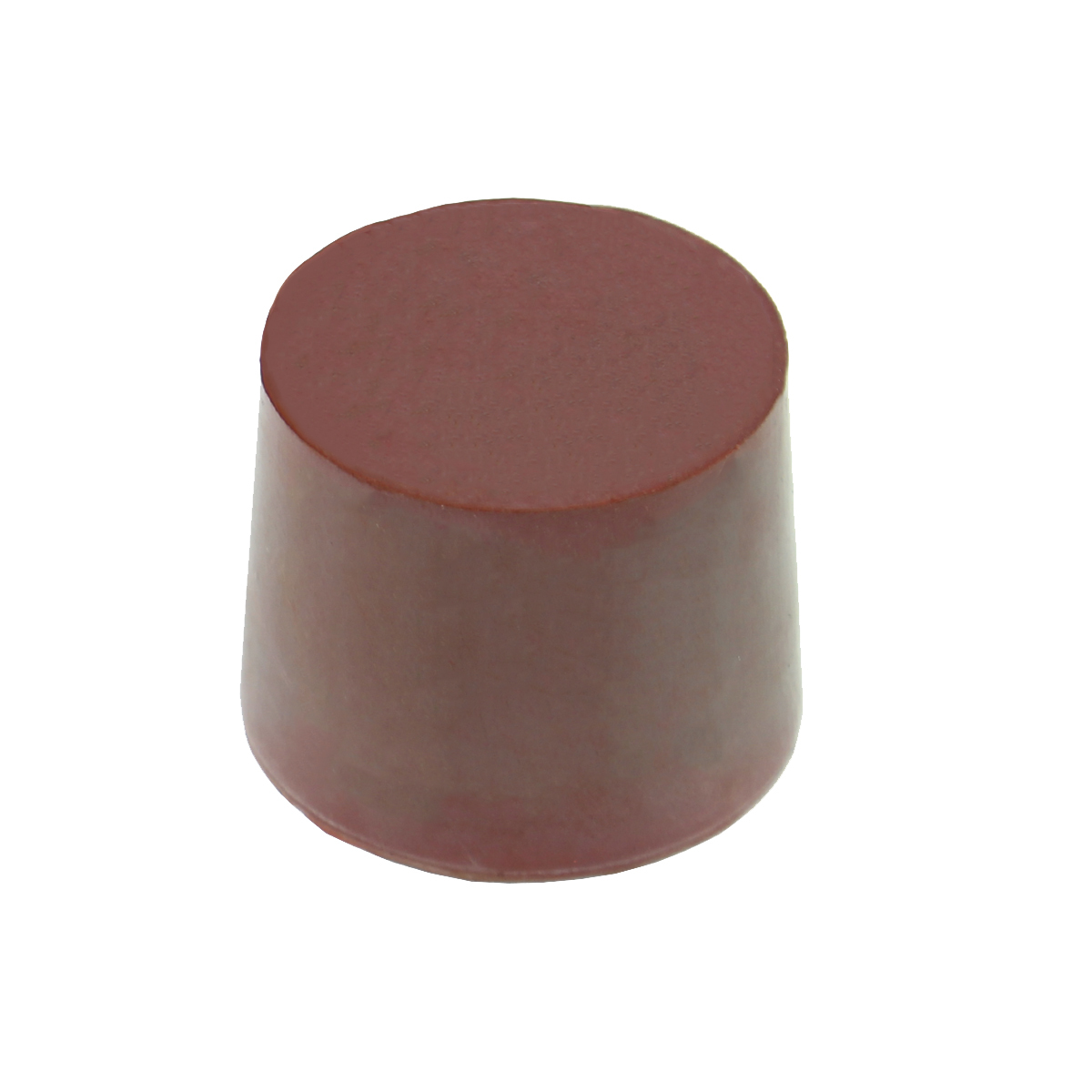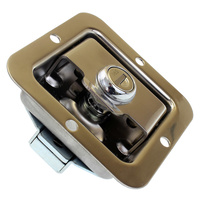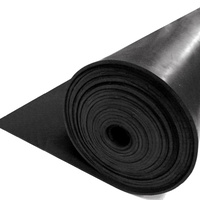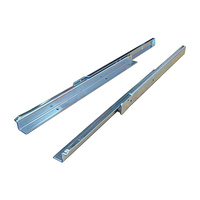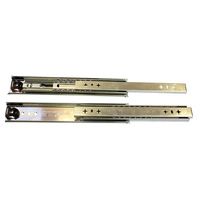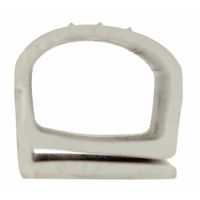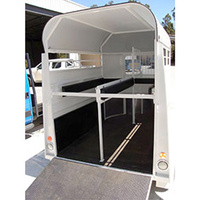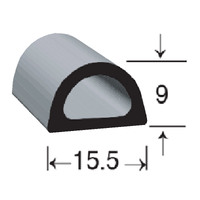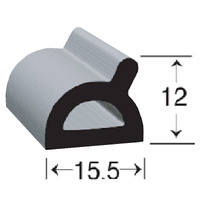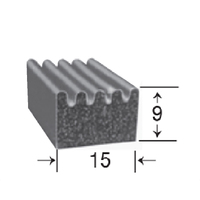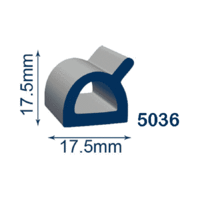AA - Polyethylene closed cell sponge sheet 30 expanded
SKU: SFPE
Various thicknesses
Polyethylene Closed Cell Sponge Sheets are lightweight, flexible, and durable insulation materials made from closed-cell polyethylene foam. These sheets are widely used in various applications requiring thermal insulation, vibration damping, moisture resistance, and chemical protection. Due to their closed-cell structure, polyethylene foam provides excellent waterproofing, thermal insulation, and shock absorption. It is an ideal choice for industries that demand high performance and cost-effective materials.
Polyethylene foam sheets are available in a variety of thicknesses, densities, and sizes, making them suitable for a wide range of industrial, commercial, and residential applications.
- Thicknesses: 3mm, 6mm, 10mm, 12mm, 15mm, 20mm, 25mm, 30mm, 35mm, 40mm, 45mm, 50mm, 60mm
- Sheet size: 2000mm x 1000mm.
- Economical non-toxic foam with very good resistance to a wide variety of chemicals.
-
Key Features & Benefits of Polyethylene Closed Cell Sponge Sheets
-
Closed-Cell Structure:
- The closed-cell structure of polyethylene foam prevents water, air, and moisture from permeating the material, which makes it highly waterproof, vapor-proof, and resistant to liquid absorption.
- This closed-cell feature also provides superior thermal insulation, making it effective at reducing heat transfer in pipes, ducts, tanks, and other equipment.
-
Thermal Insulation:
- Polyethylene closed-cell foam has excellent thermal insulation properties, helping to reduce energy loss and maintain stable temperatures in HVAC systems, plumbing, refrigeration, and electrical equipment.
- It helps in preventing heat gain or loss, which makes it particularly beneficial for systems that require temperature control, such as cold storage and refrigerant lines.
-
Vibration and Shock Absorption:
- Polyethylene foam sheets provide effective vibration isolation and shock absorption, making them ideal for use in machinery, electronic packaging, and transportation where vibration reduction is required.
- This feature helps to reduce wear on equipment and minimizes damage to sensitive products during handling or shipping.
-
Waterproof & Moisture Resistant:
- Due to its closed-cell structure, polyethylene foam is resistant to moisture, making it perfect for applications in marine environments, water systems, and areas prone to high humidity.
- It helps prevent condensation buildup on pipes and equipment, reducing the risk of mold, rust, and corrosion.
-
Lightweight and Flexible:
- Polyethylene foam is lightweight, which makes it easy to handle, cut, and shape for various applications. This makes it an excellent choice for insulating irregularly shaped objects or areas.
- The material is also highly flexible, making it easy to apply to a variety of surfaces or to wrap around pipes and ducts.
-
Chemical and UV Resistance:
- Polyethylene foam is resistant to a wide range of chemicals, including oils, solvents, acids, and alkalis. This resistance makes it suitable for use in chemical processing environments or where exposure to chemicals is common.
- It also offers UV resistance, making it suitable for both indoor and outdoor applications, without degrading when exposed to sunlight.
-
Cost-Effective:
- Polyethylene closed-cell foam is a cost-effective material compared to other insulation types, especially given its performance in terms of thermal insulation, vibration dampening, and moisture resistance.
- Its ease of installation and long-lasting properties make it a good investment for both commercial and industrial use.
-
Applications of Polyethylene Closed Cell Sponge Sheets
-
HVAC Systems:
- Polyethylene foam is used to insulate ductwork, piping, and refrigeration lines in HVAC systems to maintain stable temperatures and reduce energy consumption.
- It also prevents condensation in air conditioning systems, reducing the risk of water damage and mold growth.
-
Plumbing and Water Systems:
- Commonly used to insulate hot water pipes, cold water pipes, and heating systems to prevent heat loss or gain.
- It helps protect pipes from freezing in cold climates and reduces the likelihood of condensation forming on cold pipes.
-
Refrigeration & Cold Storage:
- Polyethylene foam is often used to insulate refrigerated units, cold storage areas, and freezer systems to maintain the internal temperature and ensure energy efficiency.
- It also prevents moisture accumulation on pipes and ducts, which can cause damage to insulation and equipment.
-
Marine & Boat Insulation:
- The waterproof and UV-resistant properties of polyethylene foam make it ideal for marine applications, where insulation is required for fuel lines, water pipes, air ducts, and cooling systems on boats and ships.
- It helps prevent corrosion from saltwater and protects the systems from moisture and temperature fluctuations.
-
Automotive & Aerospace:
- Polyethylene foam is used in automotive and aerospace applications for insulation, vibration reduction, and shock absorption. It is often used in engine compartments, fuel systems, and soundproofing in vehicles and aircraft.
- It also serves as a protective barrier for sensitive electronic equipment and components during transport.
-
Protective Packaging:
- Polyethylene foam is commonly used for protective packaging of sensitive products, such as electronics, instruments, and machinery. The foam provides impact protection, shock absorption, and vibration isolation, preventing damage during transit.
- It is also used for custom packaging solutions where precision fit is required.
-
Construction & Building:
- Used for soundproofing and thermal insulation in walls, floors, and ceilings. Polyethylene foam helps improve energy efficiency and reduce noise levels in residential and commercial buildings.
- It is also used for sealing, gasketing, and vibration isolation in construction projects.
-
Sports and Recreational Equipment:
- Polyethylene closed-cell foam is often used in the construction of sports pads, protective gear, surfboards, and other recreational equipment due to its shock absorption and water resistance.
-
Specifications of Polyethylene Closed Cell Sponge Sheets
- Material: Polyethylene Foam (Closed-cell)
- Sheet Size: 2000mm x 1000mm
- Thickness: Available in a wide range of thicknesses, from 3mm to 50mm or more, depending on the application requirements.
- Density: Typically ranges from 25 kg/m³ to 200 kg/m³ depending on the application and required properties.
- Temperature Range: Typically effective from -40°C to 90°C, although higher temperature-resistant versions may be available.
- Flame Resistance: Many polyethylene foam products are self-extinguishing, meeting specific fire safety standards.
- Chemical Resistance: Resistant to oils, solvents, acids, alkalis, and other chemicals.
- Water Absorption: Extremely low or no water absorption due to the closed-cell structure.
- Color: Typically black, white, or custom colors based on the supplier and application.
-
Advantages of Polyethylene Closed Cell Sponge Sheets
-
Waterproof and Moisture Resistant:
- Polyethylene foam’s closed-cell structure prevents water, moisture, and air from entering, making it ideal for applications where water resistance is crucial.
-
Thermal Insulation:
- The material offers effective thermal insulation, making it useful for energy-saving applications in plumbing, refrigeration, and air conditioning systems.
-
Shock Absorption & Vibration Dampening:
- Polyethylene foam is effective at reducing vibrations and absorbing shocks, which makes it ideal for protective packaging, machinery, and automotive applications.
-
Durability & Flexibility:
- Polyethylene closed-cell foam is both durable and flexible, making it suitable for a wide variety of applications, including those with irregular shapes or surfaces.
-
Chemical Resistance:
- The material is resistant to many industrial chemicals, making it perfect for use in chemical processing, automotive, and marine industries.
-
Cost-Effective:
- Polyethylene foam is relatively inexpensive compared to other insulation materials, offering a good balance between performance and cost.
-
Conclusion
Polyethylene Closed Cell Sponge Sheets provide an excellent solution for a wide range of applications requiring thermal insulation, moisture resistance, shock absorption, and vibration damping. Whether used in HVAC, plumbing, refrigeration, marine, or protective packaging applications, polyethylene foam offers a durable, lightweight, and cost-effective option. Its waterproofing, flexibility, and chemical resistance make it ideal for both indoor and outdoor environments, ensuring long-lasting performance across various industries.

